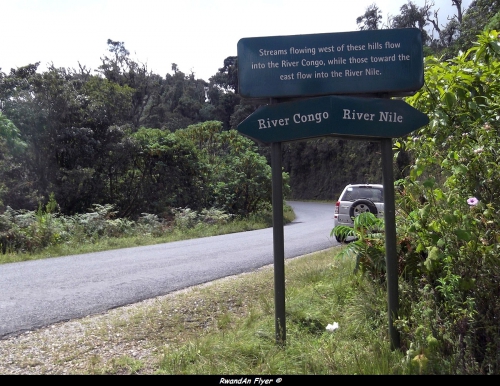Rwanda Restores Ecosystems, Generating Record Tourism and New Opportunities for Growth
23/05/2014
United Nations Environement Program
Rwanda has undergone a remarkable economic and social reconstruction in recent years and recorded consistent growth rates of 8 per cent a year between 2001 and 2012, according to the BBC's Country Profile. The International Monetary Fund and the World Bank say that the country, along with many of its African neighbours, is entering an economic boom.
Success has not, however, resulted in complacency in Rwanda. Rather than sitting on progress already made, the country - whose economy is predominantly driven by tourism and coffee and tea exports - has decided to plan for the future and is pursuing a development strategy that prioritizes the protection of the environment. As part of its national vision through to 2020, the government has undertaken many initiatives in recent years to protect ecosystems for income generation and good governance.
A number of projects, including initiatives to preserve the Rwandan mountain gorilla and wetland restoration efforts in the Nyabarongo-Akagera network and Rugezi, are already beginning to reap environmental, economic and employment benefits.
Rwanda is home to the Gorilla beringei graueri, which is one of the world's rarest species of gorilla. By collaborating with the Democratic Republic of Congo and Uganda in a shared commitment to ecosystem restoration, Rwanda has helped to restore the population of this critically endangered species to a slight increase in the Virungas National Park.
In addition to the ecological benefits of preserving a threatened species, this scheme to protect the Rwandan mountain gorilla is also generating substantial revenues from tourism. The country's booming tourism industry, which now accounts for the biggest share of national GDP, is driven primarily by the country's iconic gorilla.
FULL ARTICLES : HERE
A découvrir aussi
- Rwanda eyes Medical Tourism
- First Indians Pilgrims arrive at Kibeho
- Top 10 affordable safaris in east Africa : Track chimpanzees in Rwanda

